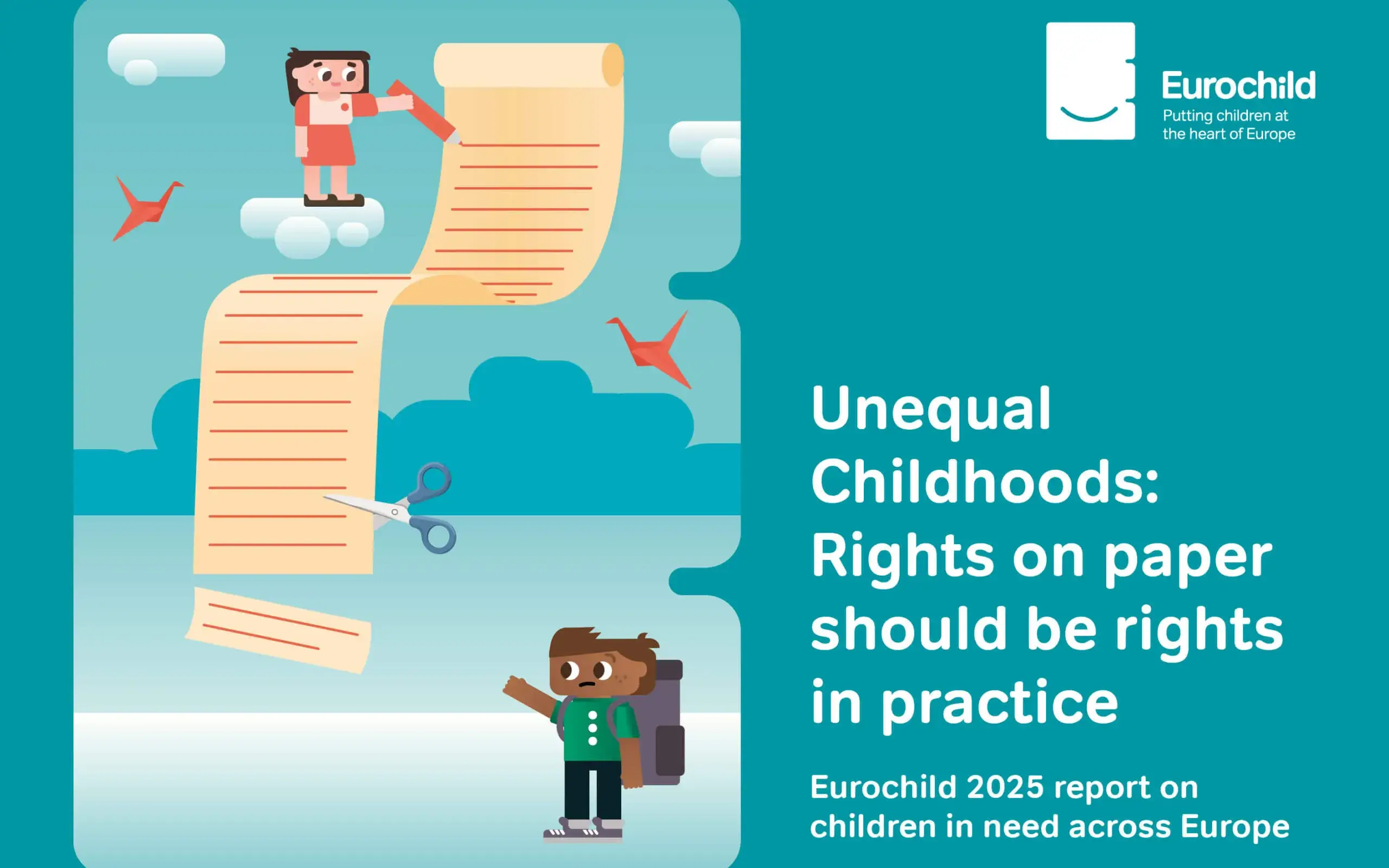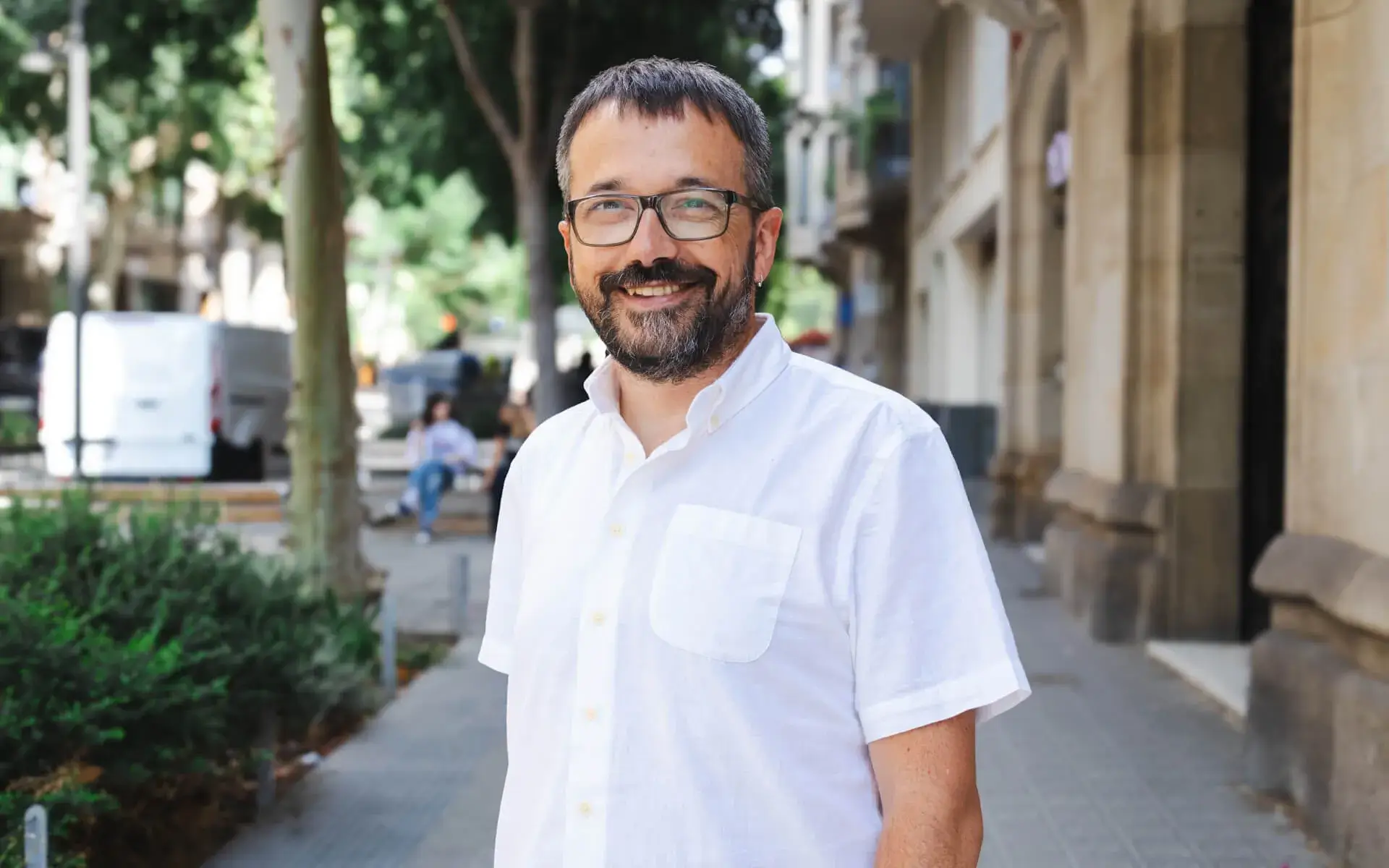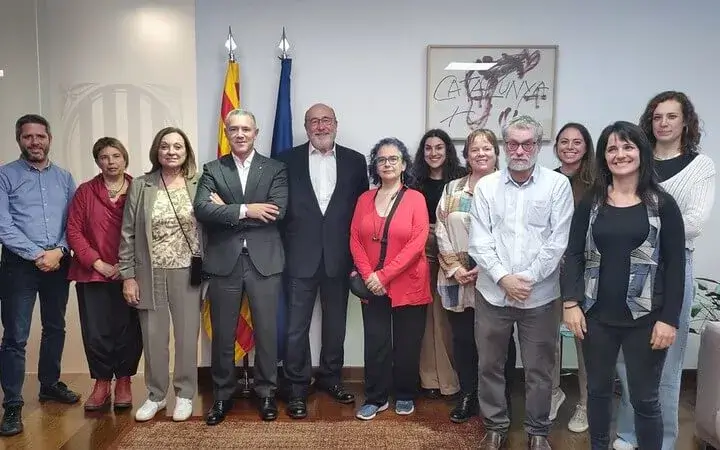This report is part of the "Territories in Transition" initiative of the Third Sector Platform of Catalonia, which wants to publicize the social agenda and the third sector in other places in the world.
The Third Sector Platform of Catalonia is collaborating with the Government Delegation in Portugal and local organizations to promote collaborations between Catalan and Portuguese social entities.
In the last two decades Portugal has experienced a renewal. Following the last two major crises (2008, 2020), the country has transformed its economy, seeking to attract new investments and specialized professionals. This has coincided with an improvement in macroeconomic indicators and a reduction in poverty. However, many other indicators warn of the disparities that have also accompanied the decade: housing crisis and depopulation, aging and unwanted loneliness, new forms of exclusion and poverty. The following report assesses the social challenges in Portugal today and highlights the role of third sector organizations in addressing them.
Social action and the fight against poverty
From 2015 to 2020, Portugal recorded good poverty reduction data (27% to 19%). In 2020, and as it happened in 2008, the shock caused by the COVID crisis rocked family economies. Poverty figures spiked at times and then stabilized. If we did not take into account social assistance and family support networks, which are fundamental to cushioning the blow of 2020, we will have 43.5% of the population exposed to poverty.
The members of EAPN Portugal include social action organizations and also agents from the trade union world, who play an important role in social intervention. Another important agent in Portuguese social action are the houses of mercy that the União das Misericórdias Portuguesas groups. It is a network of local organizations originating in the church that are dedicated to care for people in vulnerable situations and the fight against poverty.
Territorial and intergenerational mismatches
In this period, Portugal has experienced a slight demographic decrease. Only the Metropolitan Area of Lisbon and the Algarve, as well as some of the main cities in the country, have grown in population. On the contrary, the main inland regions, such as Alentejo or Centro, have lost 7% and 4.3% of the population respectively. The challenge of depopulation and territorial disadjustment is therefore crucial for contemporary Portugal.
It collects multifactorial causes but starts from an economic decline in the interior of the country. The rural world and the cities and towns in between suffer from the integration with global value chains and also the effects of the climate emergency (impacts on agriculture). On the contrary, coastal and urban areas have specialized in the tourism and services sector, exacerbating the mismatch between regions. The country's government has launched an Interior Promotion Program that seeks to reverse this trend, generating, for example, more than 34,000 jobs and contributing to the local economy of the affected regions since 2018.
The progressive aging of the interior is one of the main effects of this mismatch and generates new challenges in terms of integrated care and care. In general, and since 2011, the percentage of elderly people in Portugal has increased by 7% and the general aging index has not stopped increasing.
Across the country, some third sector organizations and civil society have specialized in promoting local economic development. These organizations seek to revitalize declining regions and municipalities by working with individuals and groups, and by taking advantage of European funding or collaboration agreements with governments, companies and regional research centers. This is the case of Norte Crescente, MARCA, ANIMAR or ADCL.
If depopulation is one of the main challenges in the interior of the country, in many urban areas so are housing prices. Lisbon and the Algarve have experienced very considerable increases, doubling the average price per square meter over the last decade. The lack of structural public policies (only 2% of the total housing stock is public) has coincided with a peak in demand, due to the internal population movements previously mentioned, but also to the arrival of foreign professionals relocated and high purchasing power – often generating speculation and gentrification.
Portugal is implementing a National Housing Program that seeks to expand the public housing stock and rehabilitate the existing one and social housing initiatives outside the public initiative, such as social housing foundations or cooperatives, are still quite limited in scale and capacity. The country has devoted a significant part of the resources of the Recovery and Resilience fund to strengthening the public housing stock and some cities such as Lisbon have been equipped with new legislative tools to be able to more effectively regulate prices.
Other areas of specialization: Local citizenship, feminism, disability and mental health
Portugal is often cited as a reference for inclusion, equality and non-discrimination policies. Over the past 50 years, the country has been transforming its colonial legacy while welcoming people from the former colonies. Currently, it implements a Plan to combat racism focused on: awareness, territorial coordination and localization of the rights approach, integrated intervention and intersectionality. Equality and non-discrimination policies linked to the world of work, housing, justice and political participation are being promoted in the country.
Civil society has been a fundamental platform for advancing these policies, representing the demands of groups and expanding the culture of human rights that today permeates many national and local public policies. This database collects hundreds of social innovation projects linked to local citizenship, human rights and inclusion.
Portuguese social entities are also highly specialized in the promotion of gender equality, the feminist perspective and the fight against male violence. Here we collect three outstanding organizations and networks: Associação Corações com Coroa, Plataforma Portuguesa para os Direitos das Mulheres and Associação de Mulheres Contra a Violência.







Add new comment